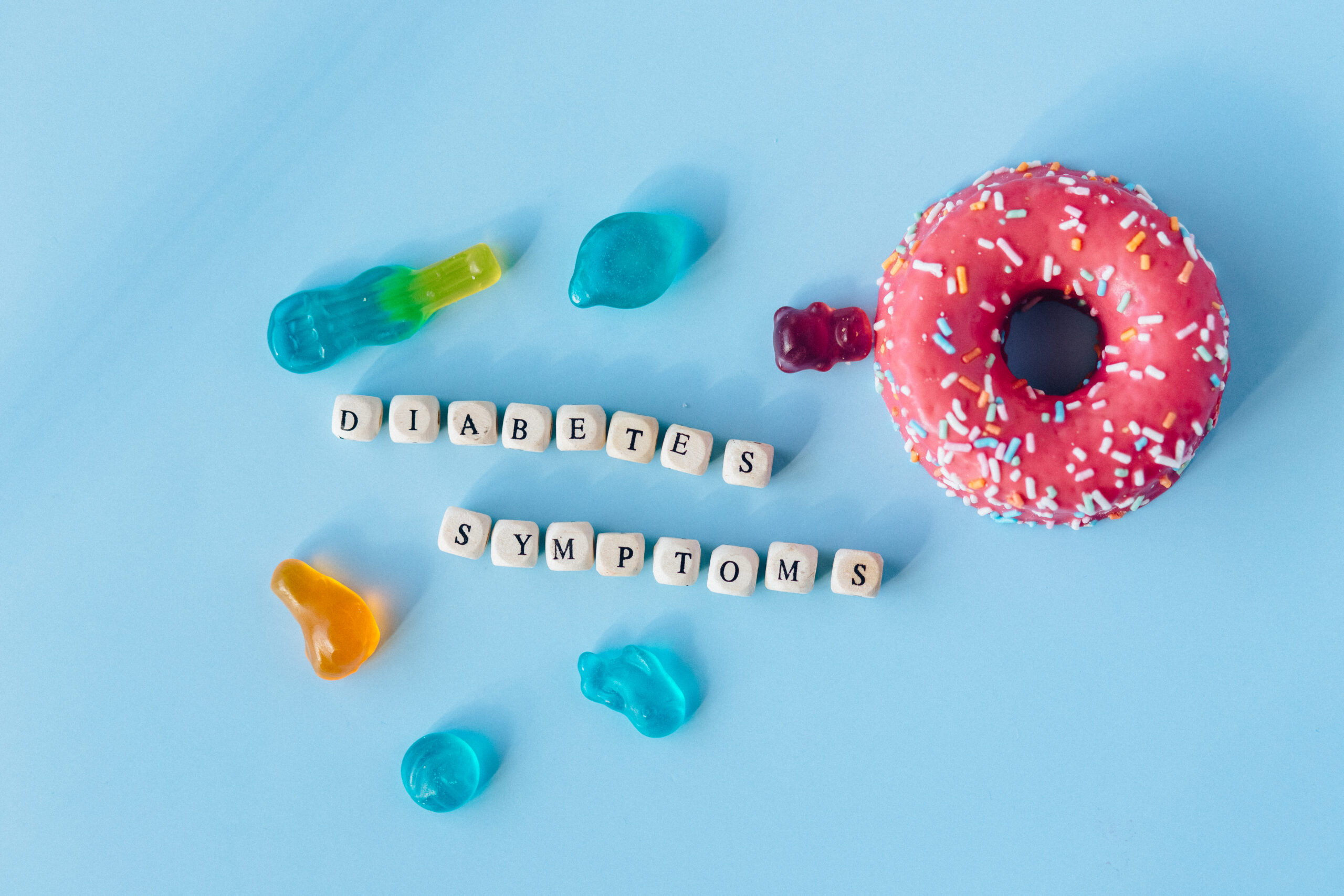Can certain foods trigger IBD symptoms?
Title: Can Certain Foods Trigger IBD Symptoms?
Introduction:Living with inflammatory bowel disease (IBD) can be a challenge as it comes with unpredictable symptoms, including abdominal pain, diarrhea, and fatigue. While there is no cure for IBD, understanding the factors that can trigger symptoms is essential in managing the condition effectively. One possible factor that has been widely debated among patients and healthcare professionals is the impact of certain foods on IBD symptoms. In this blog, we will explore the connection between diet and IBD, and whether certain foods can trigger symptoms.
The Complex Relationship Between Diet and IBD:It is important to note that IBD is a complex condition believed to be caused by a combination of genetic, environmental, and immunological factors. Diet alone is not the sole cause of IBD, but it can potentially worsen symptoms or trigger flare-ups. However, the relationship between diet and IBD varies from person to person, and it might be necessary to experiment and identify individual trigger foods.
Common Trigger Foods:While there is no universal list of foods that trigger IBD symptoms, certain foods have been reported by a significant number of patients to worsen their condition. Some common trigger foods for IBD include:
1. Spicy Foods: Spices like chili peppers, hot sauce, and curry can cause irritation and inflammation in the gastrointestinal tract, potentially worsening IBD symptoms.
2. High-Fiber Foods: While high-fiber foods are generally considered healthy, they can be problematic for individuals with IBD. Certain fruits, vegetables, seeds, and whole grains might be difficult to digest and lead to flare-ups.
3. Dairy Products: Some individuals with IBD find that consuming dairy products such as milk, cheese, and yogurt can trigger symptoms like bloating, gas, and diarrhea. Lactose intolerance is often associated with IBD.
4. Fatty and Fried Foods: Foods that are high in unhealthy fats, such as fried foods, processed snacks, and fatty meats, can be difficult to digest and may exacerbate IBD symptoms.
5. Alcohol and Caffeine: Both alcohol and caffeine can irritate the gastrointestinal tract and lead to diarrhea, making it important for individuals with IBD to consume these in moderation or avoid them altogether.
The Importance of Personalized Approach:While the foods mentioned above have been reported as triggers for some people with IBD, it is crucial to emphasize that each person’s experience with the condition is unique. What may cause symptoms in one individual may not affect another. Therefore, it is recommended to keep a food diary and work closely with a healthcare professional or registered dietitian to identify personal trigger foods.
Conclusion:While diet alone cannot cure IBD, it plays a significant role in managing symptoms and improving quality of life. Identifying trigger foods and making appropriate dietary adjustments can help individuals with IBD reduce the frequency and severity of flare-ups. However, it is important to remember that triggers can vary from person to person, so a personalized approach is crucial. Consulting with a healthcare professional or registered dietitian is the best way to develop a suitable dietary plan that caters to individual needs and preferences.



